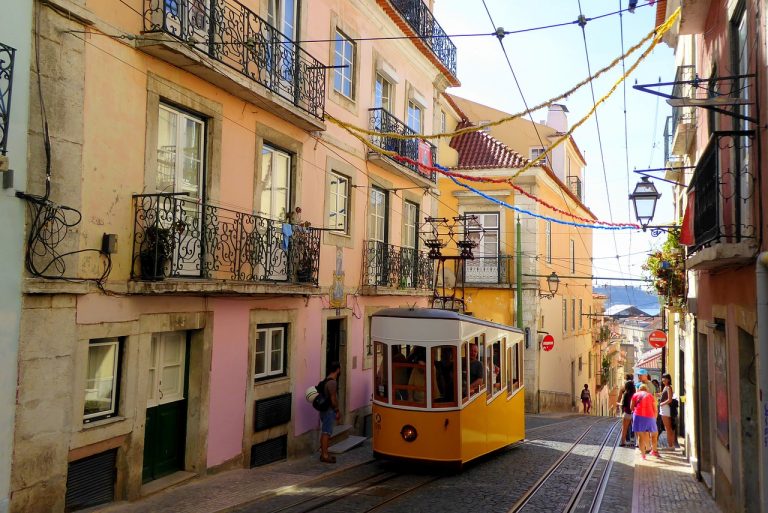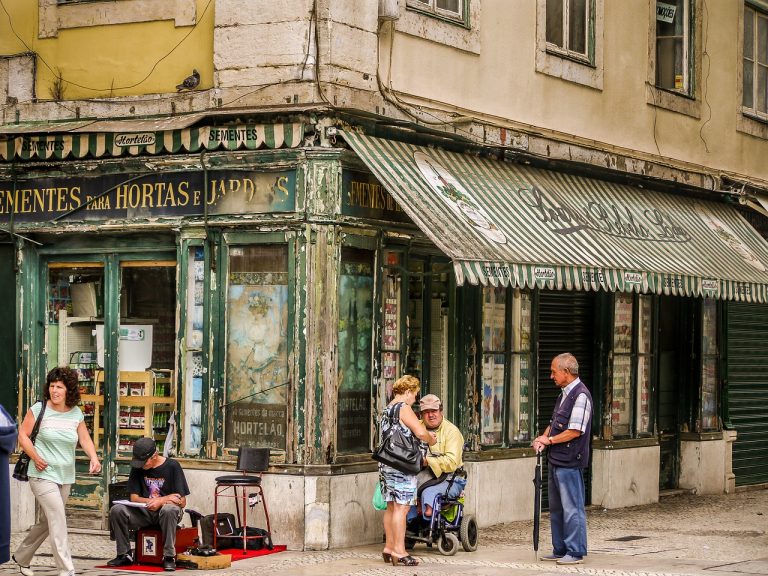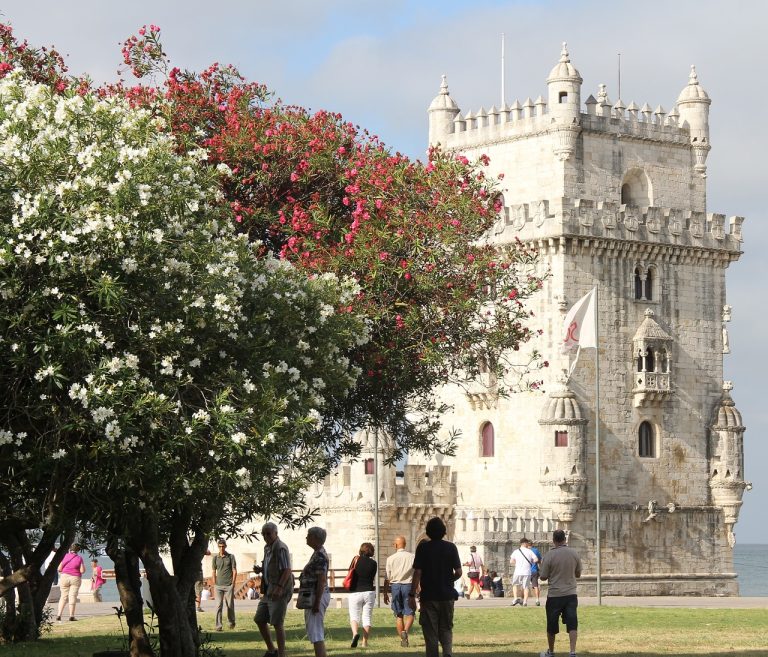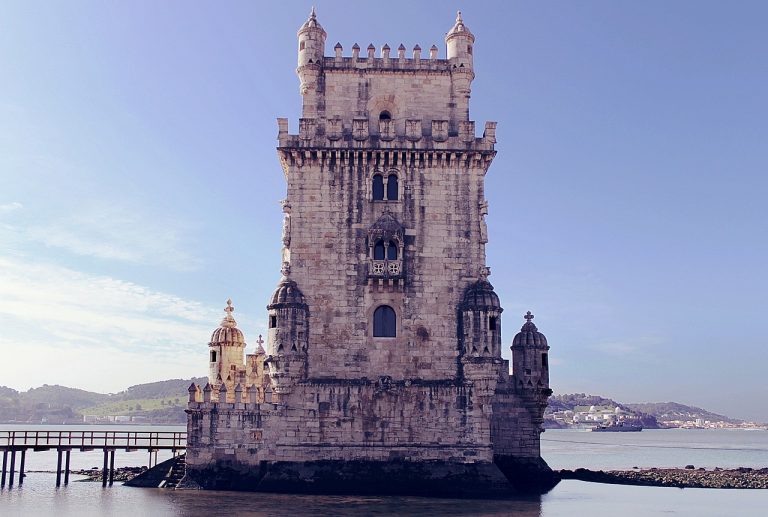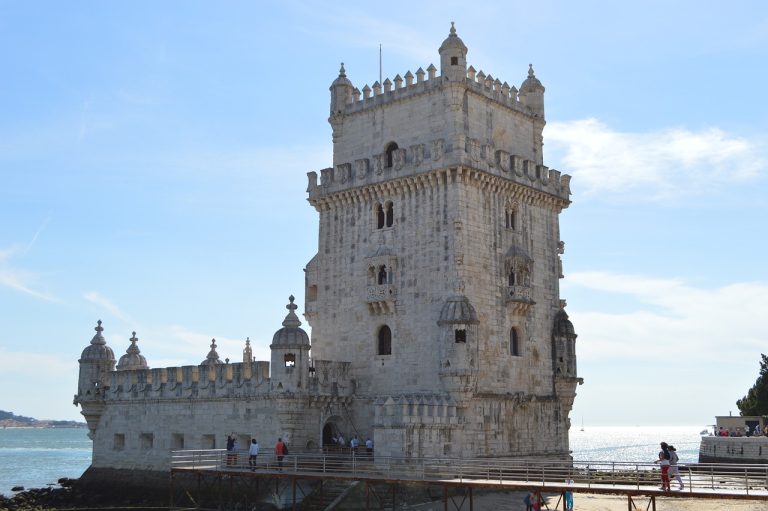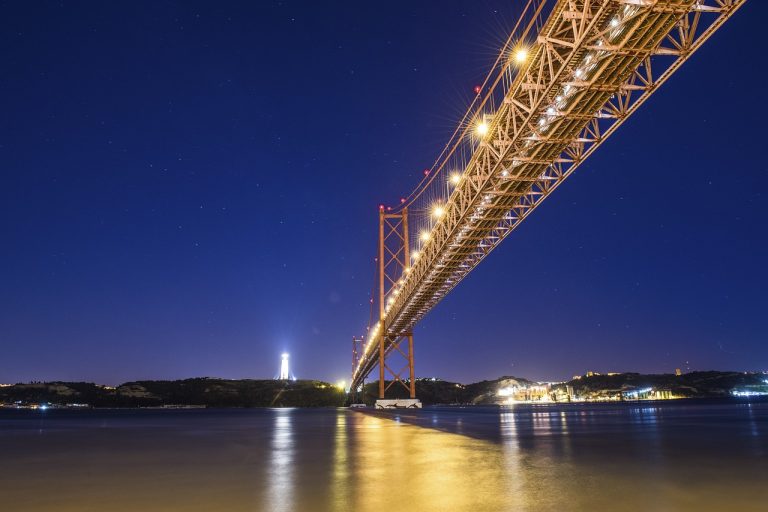Lisbon Portugal Video
The Cultural Evolution of Lisbon Portugal
Lisbon, the capital city of Portugal, is known for its rich history and vibrant culture. Over the years, Lisbon has undergone significant cultural evolution, blending traditional Portuguese elements with influences from various civilizations that have shaped the city. From its ancient roots to modern-day developments, Lisbon’s cultural evolution is a fascinating journey to explore.
Ancient Origins
- Phoenician Settlement: Lisbon’s history dates back to the Phoenician era, around 1200 BC. Phoenician traders established a settlement known as Olissipo, which served as an important trading post.
- Roman Influence: In 205 BC, Lisbon came under Roman rule and was renamed Felicitas Julia. The Romans left a lasting impact on the city, with architectural structures like the Roman Theater and the Roman Bridge.
- Visigothic Rule: After the fall of the Roman Empire, Lisbon was briefly ruled by the Visigoths. This period saw the introduction of Christianity and the construction of several churches.
- Moorish Occupation: The Moors conquered Lisbon in the 8th century, bringing Islamic influence to the city. This era witnessed the construction of the iconic Moorish Castle of São Jorge.
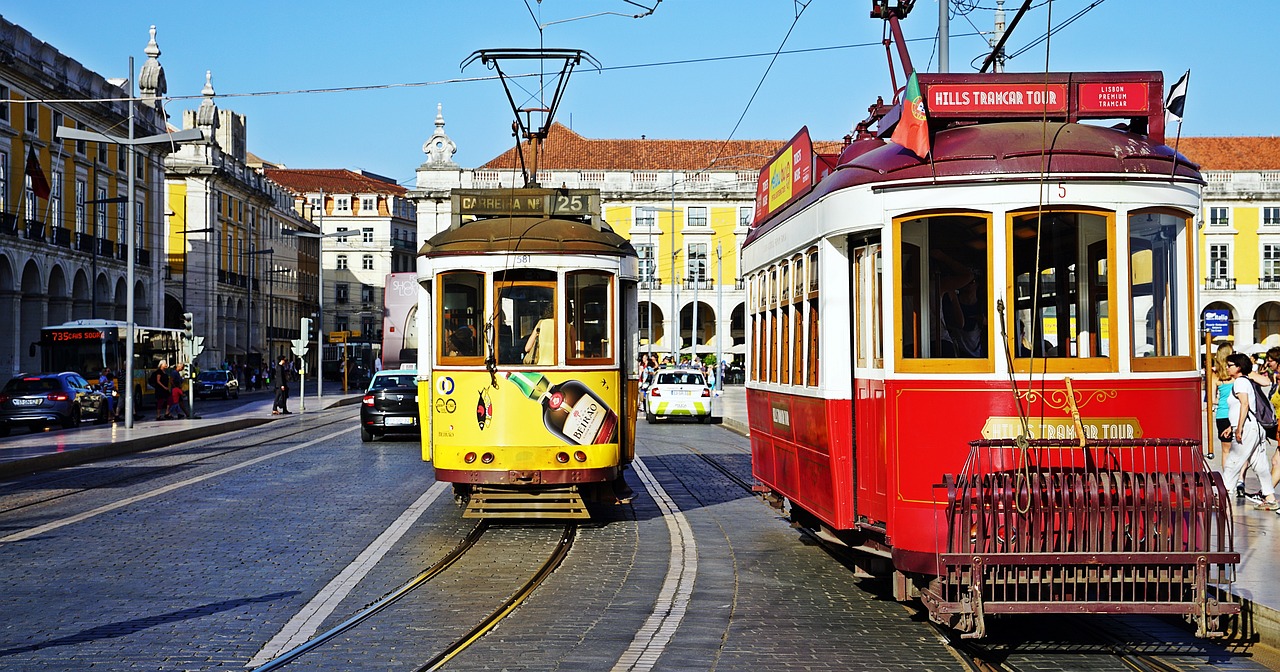
Age of Discovery
- Portuguese Explorations: The 15th and 16th centuries marked Lisbon’s golden age as Portuguese explorers set sail to discover new trade routes. Lisbon became a major hub for maritime expeditions, leading to cultural exchanges with Africa, Asia, and the Americas.
- Manueline Architecture: The Age of Discovery witnessed the emergence of Manueline architecture, characterized by intricate detailing and maritime motifs. Prime examples include the Belém Tower and the Jerónimos Monastery.
- Imported Goods: Lisbon became a center for the importation of exotic goods from newly discovered lands, including spices, silk, and precious metals. These treasures enriched the local culture and cuisine.
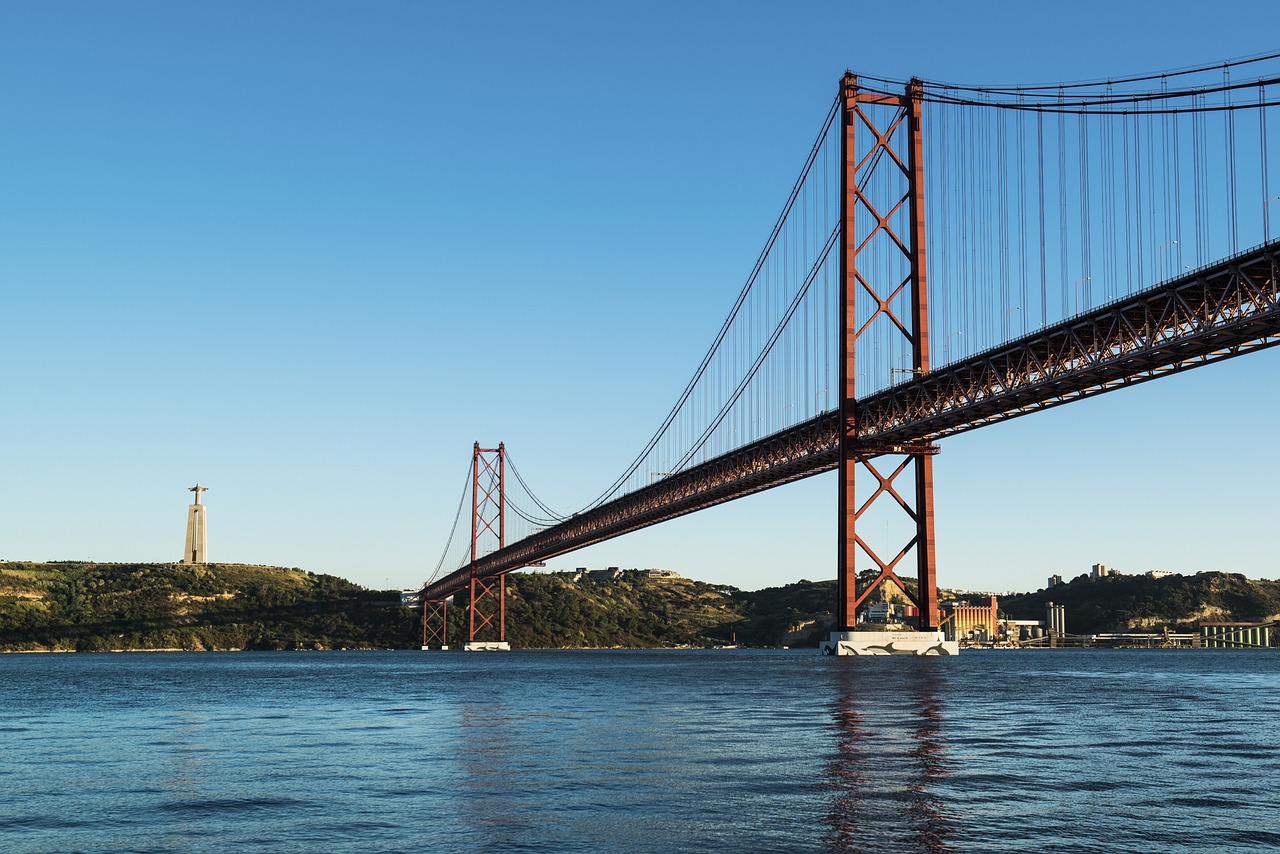
Modern Influences
- Earthquake of 1755: The devastating earthquake of 1755 destroyed much of Lisbon, leading to a significant reconstruction effort. The rebuilding process introduced neoclassical and Pombaline architectural styles to the city.
- Colonial Connections: Portugal’s colonial history left a lasting impact on Lisbon’s culture. Influences from African, Brazilian, and Asian cultures can be seen in music, dance, and cuisine.
- Contemporary Art Scene: Lisbon has become a thriving hub for contemporary art, with numerous galleries and art institutions showcasing both local and international talent. The city hosts various art festivals and events throughout the year.
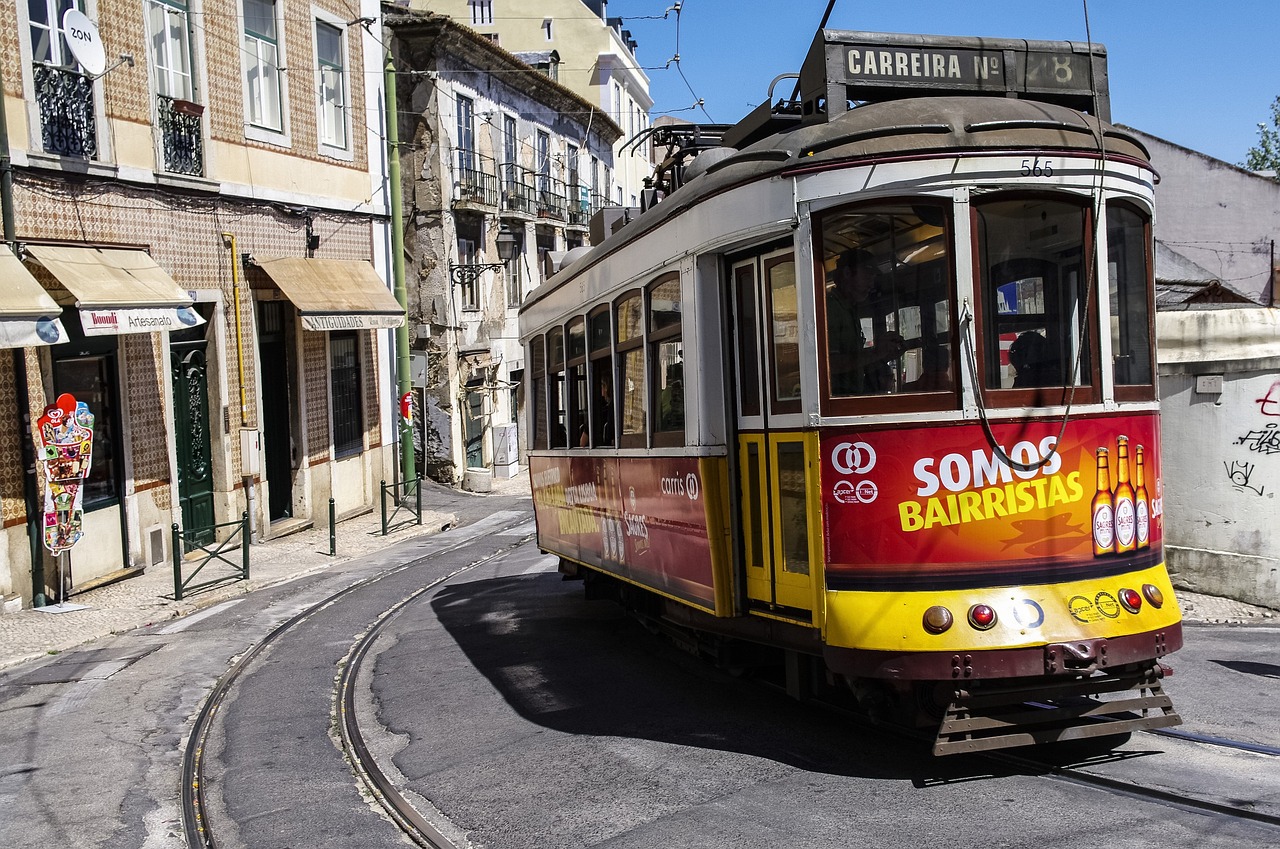
Fado Music and Literature
- Fado Music: Fado, a traditional Portuguese music genre, originated in Lisbon during the 19th century. It is characterized by melancholic melodies and poetic lyrics that often express feelings of longing and nostalgia.
- Literary Heritage: Lisbon has been an inspiration for many renowned writers, including Fernando Pessoa and José Saramago. The city’s streets, neighborhoods, and historical landmarks have found their way into numerous literary works.
- Bookstores and Libraries: Lisbon is home to several charming bookstores and libraries that attract book lovers from around the world. The Bertrand Bookstore, established in 1732, holds the title of the oldest operating bookstore in the world.
Gastronomy and Culinary Delights
- Pasteis de Nata: Lisbon’s culinary scene is incomplete without mentioning the iconic Pasteis de Nata, a delicious custard tart. These mouthwatering treats can be found in various bakeries throughout the city.
- Seafood and Bacalhau: With its coastal location, Lisbon offers an abundance of fresh seafood. Bacalhau, a salted codfish dish, is a staple in Portuguese cuisine and can be prepared in various delicious ways.
- Wine and Port Tasting: Portugal is renowned for its excellent wines and ports. Lisbon provides ample opportunities to indulge in wine tasting experiences, with numerous wineries and bars offering a wide selection.
Architectural Marvels
- Belém Tower: A UNESCO World Heritage site, the Belém Tower is a stunning example of Manueline architecture. Built as a fortress in the 16th century, it served as a symbol of Portugal’s maritime power.
- Jeronimos Monastery: Another UNESCO World Heritage site, the Jerónimos Monastery is an exquisite masterpiece of Manueline architecture. Its intricate detailing and grandeur make it a must-visit attraction in Lisbon.
- Águas Livres Aqueduct: The Águas Livres Aqueduct is an engineering marvel that supplied water to Lisbon during the 18th century. Its impressive arches and monumental structure are a testament to Lisbon’s historical infrastructure.
Lively Festivals and Events
- Santo António Festival: The Santo António Festival, held in June, is Lisbon’s biggest street party. It celebrates the city’s patron saint with lively parades, traditional music, and delicious street food.
- Rock in Rio Lisboa: Rock in Rio Lisboa is a renowned music festival that attracts top international artists and music lovers from around the world. It is held at Parque da Bela Vista, providing an unforgettable experience.
- Feira da Ladra: The Feira da Ladra is Lisbon’s oldest flea market, offering a treasure trove of antiques, vintage items, and unique finds. It is a vibrant gathering place for locals and tourists alike.
Conclusion
Lisbon’s cultural evolution is a testament to the city’s rich heritage and its ability to adapt and embrace influences from different eras. From its ancient origins to the Age of Discovery and modern developments, Lisbon continues to captivate visitors with its diverse cultural offerings, architectural marvels, culinary delights, and vibrant festivals. Exploring Lisbon is like embarking on a journey through time, where the past seamlessly merges with the present.
References
- visitlisboa.com
- portugal.com
- unesco.org
- timeout.pt
- lonelyplanet.com


